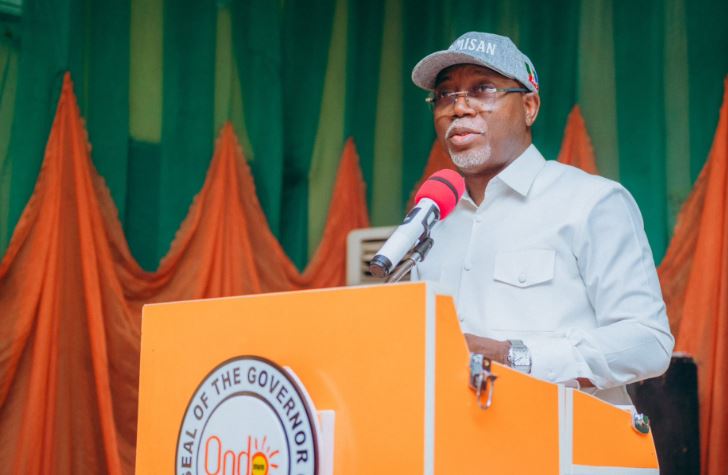The announcement of Lucky Aiyedatiwa’s election victory has ignited a wave of reactions across Nigeria, particularly on social media, where netizens have expressed a diverse range of opinions. Aiyedatiwa’s triumph has become a trending topic, reflecting the significant political and social implications of his success in the recently concluded election.
For many, Aiyedatiwa’s victory represents a milestone in Ondo State’s political landscape. His supporters view his rise as a continuation of progressive governance, citing his previous tenure as deputy governor and his administrative contributions to the state’s development. Social media platforms are flooded with congratulatory messages praising his perseverance and vision for the state. His ability to resonate with the youth and grassroots communities has been highlighted as a key factor in securing his electoral mandate.
On the other hand, critics have taken to the internet to question the legitimacy of his victory. Allegations of electoral irregularities and concerns over transparency have surfaced, with opposition voices challenging the process and outcome. Hashtags calling for electoral reform and accountability are gaining traction, indicating that while the victory is celebrated in some quarters, it has not been without controversy. Political analysts note that such polarized reactions underscore the broader issues facing Nigeria’s electoral system and the need for reforms to build trust among citizens.
The conversation around Aiyedatiwa’s victory has also been shaped by the socio-economic context of Ondo State. Citizens are hopeful that his administration will address pressing issues such as infrastructure, education, and unemployment. Netizens have called on the governor-elect to prioritize youth empowerment and inclusive governance, emphasizing the need for tangible results that will benefit the populace.
Interestingly, Aiyedatiwa’s victory has also sparked broader discussions about the role of technology in elections. Many Nigerians have applauded the use of digital tools for monitoring the electoral process, with some arguing that technology can help bridge gaps in accountability and transparency. However, others believe that more work needs to be done to ensure that the technology is used effectively and equitably.
The reactions to Aiyedatiwa’s election are a microcosm of Nigeria’s evolving political landscape. They highlight the growing influence of public opinion, amplified by social media, in shaping political narratives. As Aiyedatiwa prepares to assume office, the expectations placed upon him are immense. His ability to navigate the complexities of governance while addressing the concerns raised by his critics will determine the success of his tenure and, ultimately, his legacy.
This dynamic engagement from netizens underscores the increasing importance of citizen participation in Nigeria’s democracy. Whether through praise or critique, the voices of the people are shaping the discourse around Aiyedatiwa’s election victory, reflecting a society eager for progress and accountability.









